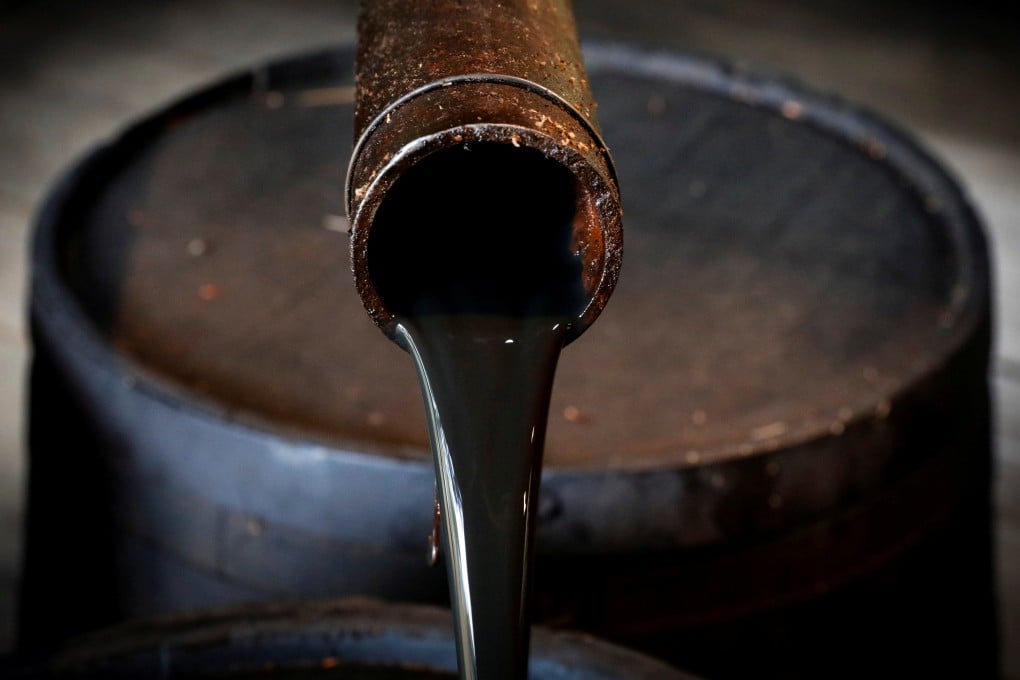Opec+ likely to maintain output levels despite sanctions on Russian oil
- Oil-producing nations, including Russia will review their decision in October to cut production by two million barrels per day
- EU, G7 agreed a US$60-per-barrel price cap on Russian oil, which comes into effect Monday, alongside an EU embargo on maritime deliveries of Russian crude

Major oil-producing countries led by Saudi Arabia and Russia look set to maintain their current output levels at a meeting on Sunday, ahead of fresh sanctions against Moscow coming into force.
The 13-member Organization of the Petroleum Exporting Countries (Opec) is due to consult 10 other oil-producing nations, including Russia, to review their decision in October to cut production by two million barrels per day.
The Opec+ videoconference will take place from 1100 GMT Sunday.
On Friday, the EU, G7 and Australia agreed a US$60-per-barrel price cap on Russian oil, which will come into effect on Monday or soon after, alongside an EU embargo on maritime deliveries of Russian crude oil.
It will prevent seaborne shipments of Russian crude to the European Union, which account for two thirds of the bloc’s oil imports from Russia, an attempt to deprive Moscow’s war chest of billions of euros.
